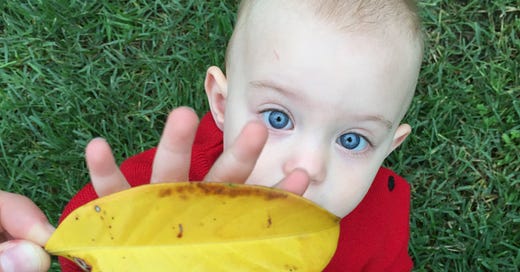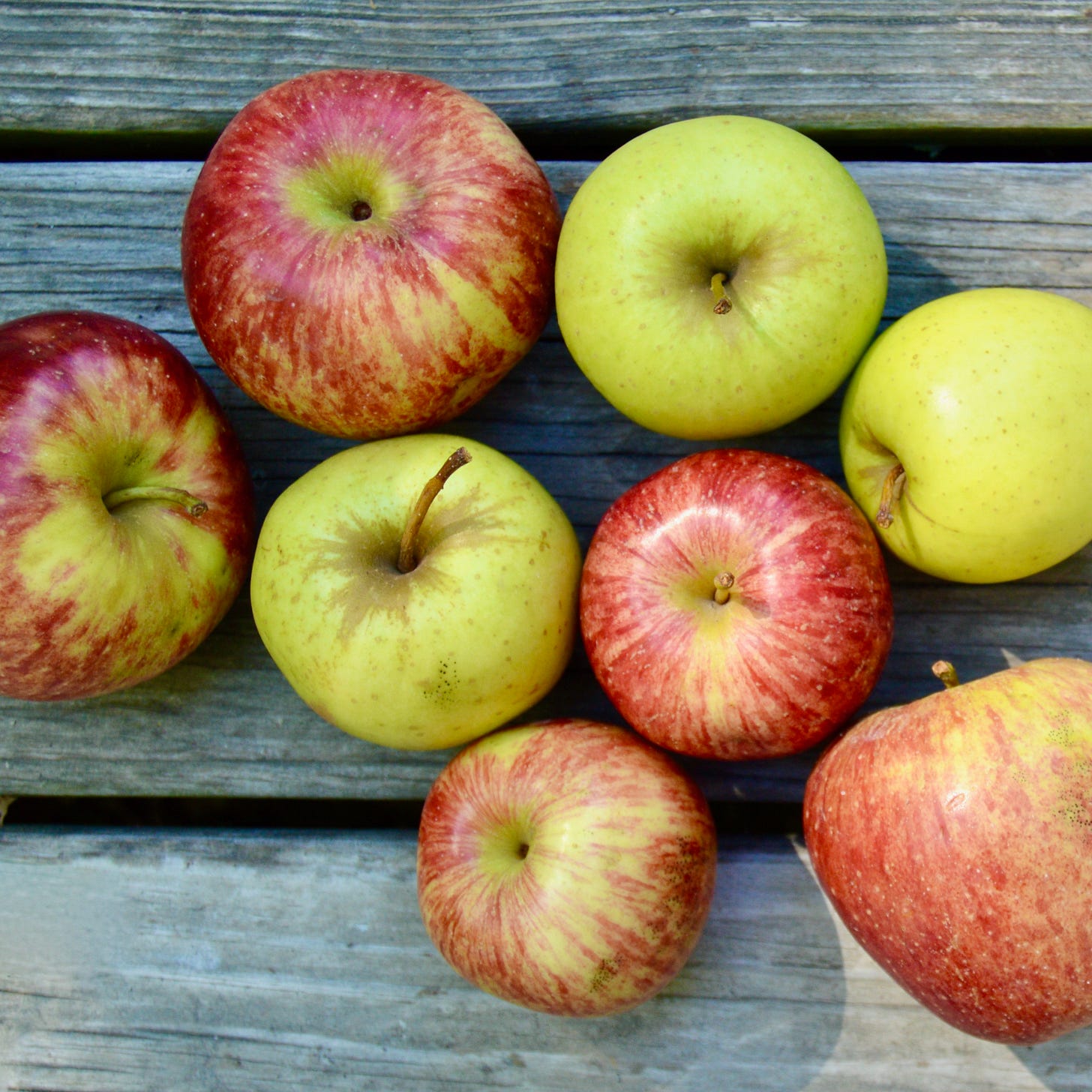We writers are encouraged to write what we know. Not intended to pigeonhole, the advice reminds us to strive for intimacy with our material before attempting to impart it to others. I have a hard time thinking of myself as any sort of subject matter expert, which says a lot about how much I still want to learn, and a little about my inability to give myself that level of credit. But, having spent thirty years in both personal and professional relationships with food and agriculture, I can claim to understand the field (I swear, that is an unintentional pun) better than some.
So, it may seem curious that, after deciding to hang out my digital shingle as an author, I did not immediately dig in to a write-up on food. I offered some tastes here and there, revisited my farming past, and praised my present-day connection to local producers and markets. I did not, however, go deep into my food beliefs, and there’s a reason for that.
The authentic story of food is heart-wrenching. Few are prepared to pull the layers back far enough to see the rotten parts, let alone grapple with them. It’s a heavy lift, even for me. By the same token, you might be thinking you’d rather come back to this weighty topic when you have more time or energy. Food is so personal. Can’t we let some things be good enough? We’ve spent decades swallowing content that tells us we’ve done ourselves in, and we’re a little fed up. We just want to click off the page, sink our fork into a big ol’ slice of apple pie and binge watch Yellowstone.
I’ll make you a promise: If you see it through, by the end of this piece you’ll have something delicious to experience and an opportunity to bring your next holiday meal to new heights. Deal?
Let’s begin with locally grown.
Whether you’ve adopted the mindset or not, you are likely familiar with the basic tenet of the movement: By purchasing products from nearby farmers, you foster impressive economic and environmental gains. Your hard-earned food dollars go to people who live in your region rather than to multinational processors and distributors. You play a part in the prosperity of the farms, decreasing the likelihood of that land being sold to developers. Your food travels fewer miles, which reduces the fuel required to get it to you, hence a lowered carbon footprint. Since food at farmers markets has often spent less time in post-harvest storage, it tastes fresher and boasts more of its original nutritional profile. And, when you buy directly from farmers, you can learn more about how they manage their land, treat their animals, use chemicals (or don’t), and why they’re making those choices.
Sadly, for each of those positive outcomes there are darker aspects of our local food system that are largely hidden from the limelight. They range from market farmers selling products that aren’t remotely local, to studies that disprove the veracity of the reduced-carbon-emissions argument, to critical examinations of agriculture’s white privilege, which has systematically disenfranchised those on whose backs our country was built.
Like I warned, it’s complicated. And, for better or worse, I’m not going to pick the meat off those bones here. If you’re curious and want to know more about how to begin making changes, The Color of Food is a good entry point.
What I will focus on instead is a remarkably simple idea, especially at the personal level. Even so, it holds the power to transform everything about our approach to food, and by association, our food systems. It is the subject of Braiding Sweetgrass, by Robin Wall Kimmerer, and foundational to indigenous philosophies. Some call it reciprocity, others kinship. It is rooted in both mutual respect and sincere humility, and it requires nothing more than a willingness to be in relationship with the full complement of living beings on the planet.
Maybe I lost you on that last bit. I’ll try to offer an accessible example: You are outside enjoying a walk on a brilliant sunny day with a pint-sized human. Little peanut is exploring her world, one baby-step at a time. She wobbles, topples, and lands diaper down on the grass. That’s when she notices the sparrow bouncing energetically nearby.
“Birdie! Birdie!” she proclaims. “Hi, birdie!”
You praise her for being observant, so she scans her surroundings, identifying anything else she can name, and saying hello.
“Tree. Tree. Hi, tree. Hiiiii, tree. Hi, birdie. Birdie, hi birdie. Hi, birdie. Birdie, birdie, birdie. Hi, tree. Flower. Flower! FLOWER! Hi, flower!”
She waves her tiny hands at them all, then beams up at you, inviting you to greet her new friends. The exchange is nothing short of delightful. For a few, fleeting minutes, you and baby girl are in communion with the bird, the tree, the flower, and everyone is smiling.
Now, all I want you to do is take that same concept and bring it back into your fully adult life. Look around you. What can you identify? What calls out to you for consideration? What might the exchange sound like if you allowed it to flow, uninhibited? Which words might you choose? It’s okay. You can think the thoughts in your head if you wish.
Hello, bird. Hello, tree. I see you, flower. Thank you all for being here, for bringing song and shade and beauty to my world. Hello, frost, with your silver, fractal artistry. Thank you for bringing closure to the season, for bringing rest. Good morning, sky. Your air means everything to me!
It’s strange at first. We feel a bit silly. But, it’s not as though we don’t know how to do this. We’re just out of practice. We’ve grown up too much. Once upon a time, before we learned to think of ourselves as exceptional, before our language was held up as a distinction between us and our fellow planetary inhabitants, this was our instinct. These were our first friends. We respected them, protected them, and we believed them capable of returning the favor.
They do, you know. Return the favor. The apples in your pie don’t grow because a farmer somewhere wills them into being. They grow to provide food for you, for insects, for browsing deer. And, when they drop into decomposition on the ground, they nurture the creatures of the soil. Birds snap up moisture and sustenance as they feed, later scattering seeds from which new trees emerge. They enliven our days with free music and teach us how to fly. Flowers produce the fruits that hold the seeds, that grow into food year after year, generation after generation, seven times over.
“Knowing that you love the earth changes you, activates you to defend and protect and celebrate. But when you feel that the earth loves you in return, that feeling transforms the relationship from a one-way street into a sacred bond.”
― Robin Wall Kimmerer, Braiding Sweetgrass
In the coming days, a majority of Americans will celebrate Thanksgiving. We’ll roast turkeys and hams. We’ll mash potatoes and cream spinach. We’ll wait at the store to pay for last-minute cream cheese and fried onions, telling strangers that this is our favorite holiday – all food and no gifts.
As we gather in, we might express gratitude for the food we have before us. We might offer thanks to those who grew, harvested and prepared it. We may feel inclined to raise our eyes heavenward, in acknowledgement of divine blessings. But, will we also call upon those connections we understood so intuitively when we were small?
Hello, turkey. Hello, potatoes. Hello, berries and apples, roots and grasses, leaves, trees, flowers, seeds. Thank you all for being here. So many gifts. So very many gifts. I promise, I’ll do everything I can to return the favor.
~Elizabeth
p.s. See also: To the Best of Our Knowledge — Plants as Persons






So beautiful. Likewise, and thanks from us all.🙏
Hello Betsy... Hello sweet smelling boxwoods.... Hello bending old dogwood.... Hello dead appearing redbud..... Hello crow in the distance.... Hello God who warms me this day..... and gives me a voice to cry hello... Beautiful article Betsy.... I already noticed the little things around me now I'm looking like a head patient because I'm out in my yard crying hello.... That's OK though... I have your permission....